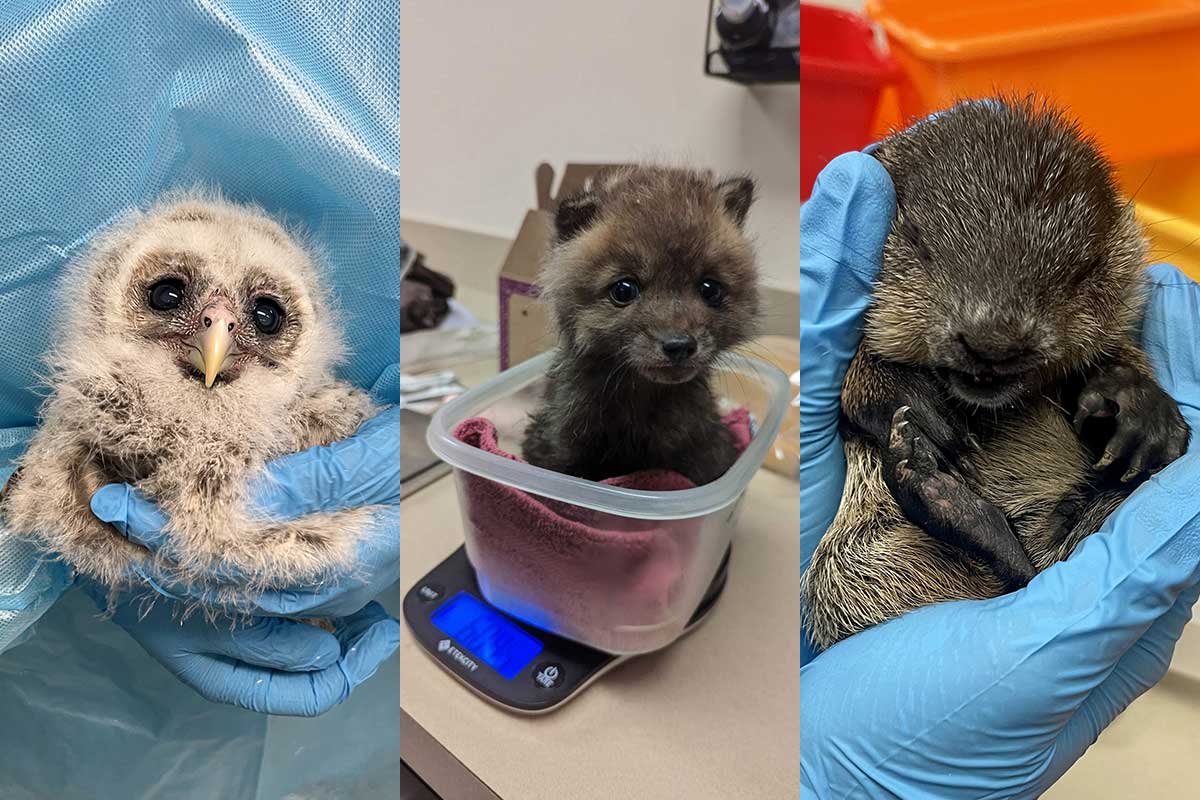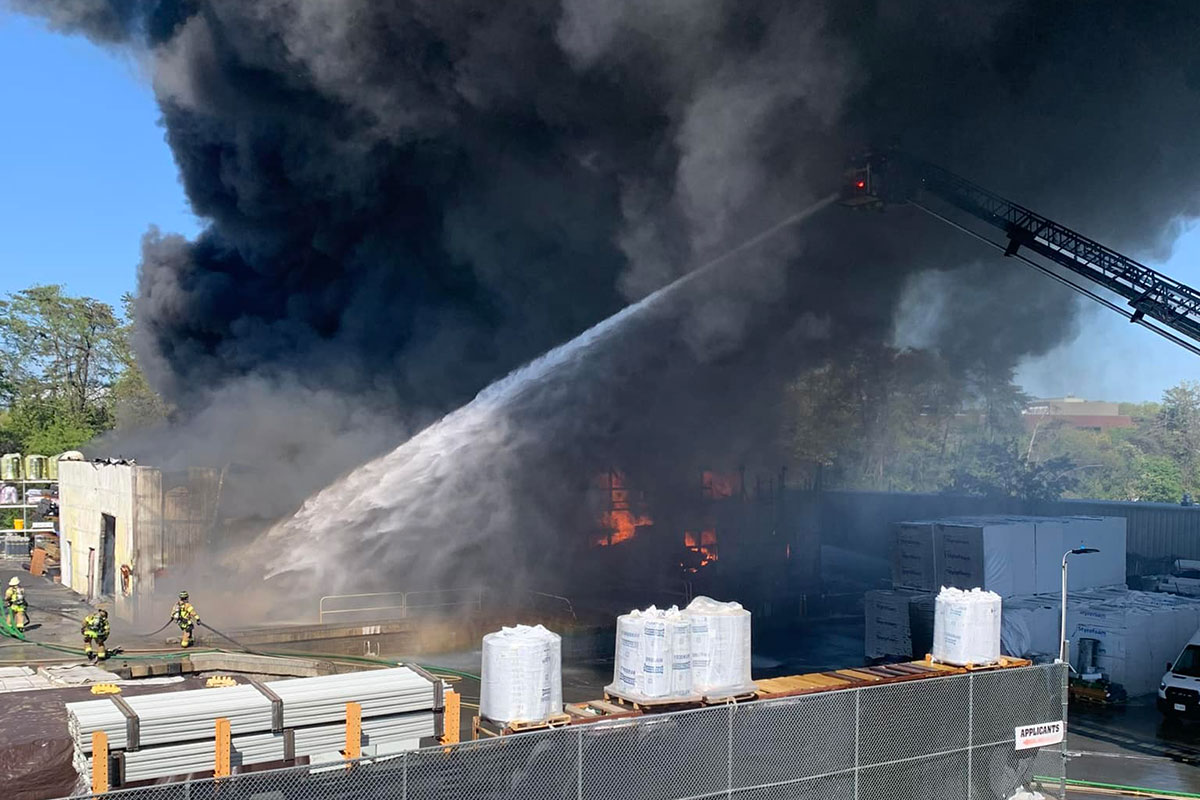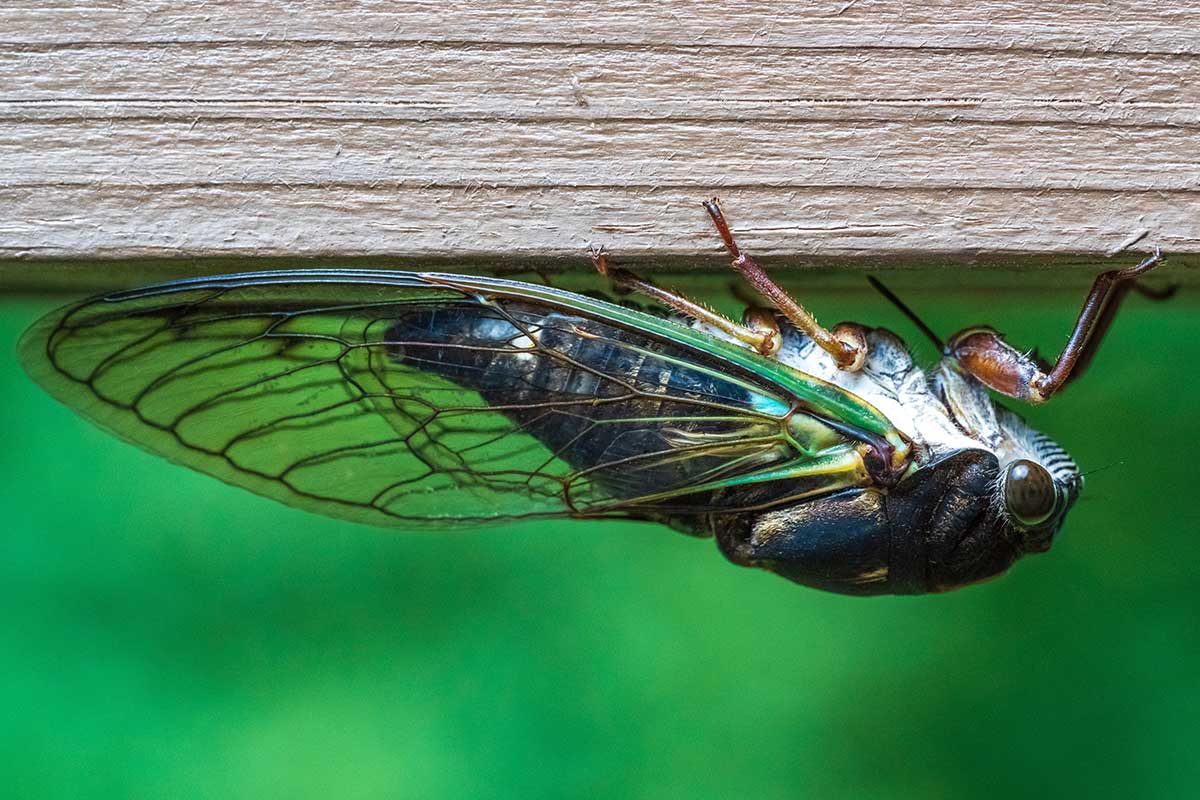It’s the season for baby wildlife to make appearances in Northern Virginia, and while some little animals may look abandoned, would-be rescuers should keep in mind that they may be interfering rather than helping.
The Blue Ridge Wildlife Center in Clarke County said in a statement that it expects to get more than 1,500 baby animals to rescue and raise from people who think they’re saving orphaned critters. But the center says that’s not always the case.
“Every year, well-meaning people accidentally rescue young wildlife that appears to need help but actually does not,” Jennifer Riley, the director of the wildlife center’s hospital, said.
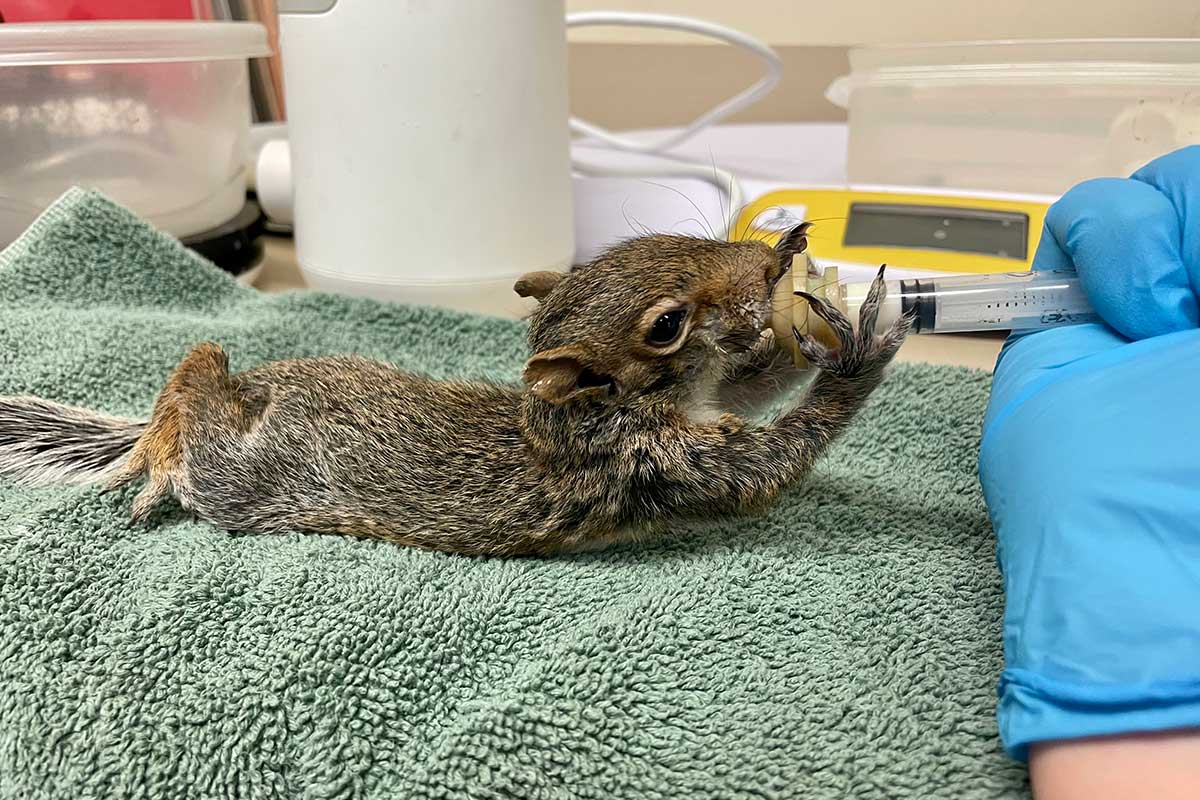
What to Watch For
She gave examples:
Uninjured baby birds without feathers can be put back in their nests — their parents will still feed them. If you can’t find their nest, there are ways to make a new one; call the center for help. The babies will only need to be rescued if they’re injured or you know both parents are dead.
A fledgling baby bird walking around with short feathers doesn’t need to be rescued either. Most fledgling songbirds leave the nest five to seven days before they can fly, Riley said; their parents are still on the case. The parents will abandon the babies, however, if they sense predators in the area, and that includes you and your pets.
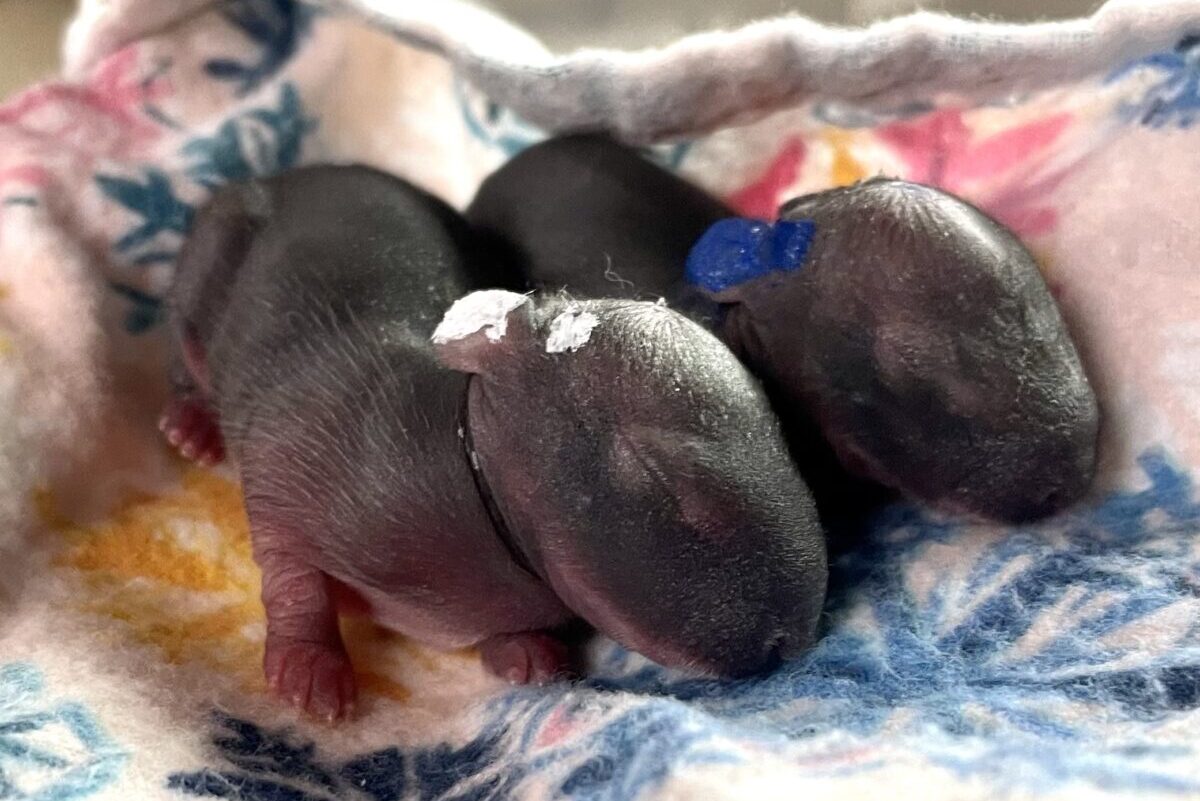
Baby bunnies also routinely leave the nest on their own. If their ears are standing up and their body is big enough that it would fill the palm of your hand, they can be on their own, Riley said. Keep your dog indoors or on a leash when you’re in the area where you see them; they’ll leave in a week or two.
If you or your dog find an entire cottontail nest by accident, you can cover the nest again; the mother will return to raise the babies. Call the center to find out ways to cover the nest that will protect it from dogs and still let the mother get to the babies.
Young fawns often lie on the ground quietly, without their mothers around, all day. It’s not a sign they need to be rescued, Riley said. The mothers are off looking for food, and the babies will stay still and even let you come up to them. The mothers will only abandon the babies if they think there are predators in the area — and again, that includes you. Also, other deer will often adopt a truly orphaned fawn: “Please give this process time and do not interfere,” Riley said.
When to Intervene
With all these cautions, Riley said, all bets are off if you know a bird, bunny, or other baby wildlife has been in a cat’s mouth. Even if it looks OK, the bacteria in a cat’s saliva will kill it in two to three days without antibiotics. Call the center if you find a baby animal in this situation.
If you find a fawn that is injured, please call BRWC (540-837-9000) for help.
“It is always better for wild animals to remain in the wild whenever possible,” Riley said. Don’t try to care for a wild animal yourself; don’t touch them with your bare hands and don’t give them food or water. You can call the Blue Ridge Wildlife Center at 540-837-9000 or find out more online.
Feature image courtesy Blue Ridge Wildlife Center
For more stories like this, subscribe to Northern Virginia Magazine’s News newsletter.

